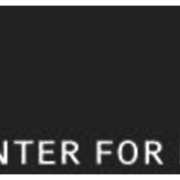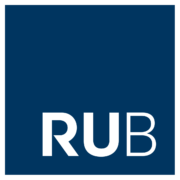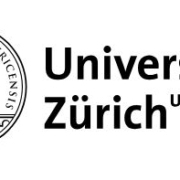Minimal metaphysics or minimal anti-metaphysics?
Workshop: Minimal metaphysics or minimal anti-metaphysics?
Date: September 9 and 10, 2022
Location: University of Konstanz (Germany)
Organizer: Tobias Henschen
Speakers: Anjan Chakravartty, Michael Esfeld, Tobias Henschen, Andreas Hüttemann, James Ladyman, Michela Massimi, Alyssa Ney
Funded by Fritz Thyssen Foundation and GWP
Contingent on a successful application for additional funds, two stipends covering accommodation for three nights and travel expenses of up to 400 € will be available for two young researchers who wish to attend the workshop and to present a paper that is related to the topic described below. To apply for one of these stipends, please send a full paper or extended abstract to tobias.henschen@uni-konstanz no later than July 17, 2022. You will be informed no later than July 31, 2022, whether your application has been successful.
Submission deadline: July 17, 2022.
Date of notification: July 31, 2022.
Topic: Loosely following some basic ideas introduced by Chakravartty, let us say that philosophers of science engage in maximal metaphysics if they explain the content, experience, or practice of science in terms of unobservable entities, and if they endorse positions of metaphysical, semantic, and epistemic realism about these entities and observable entities, i.e. if they believe that these entities exist independently of the content, experience, or practice of science (metaphysical realism), that their explanations are (approximately) true (semantic realism), and that we can come to know that these explanations are true (epistemic realism). Let us also say that philosophers of science engage in maximal anti-metaphysics if they refuse to explain the content, experience, or practice of science in terms of unobservable entities; if they endorse a position of metaphysical, semantic, and epistemic realism about observable entities; and if they refuse to endorse a position of metaphysical, semantic, or epistemic realism about unobservable entities. Then standard scientific realists, Humeans and anti-Humeans qualify as maximal metaphysicians, and then logical empiricists and constructive empiricists qualify as maximal anti-metaphysicians.
An interesting fact about recent work in the metaphysics of science is that many authors endorse (anti-)metaphysical positions that are minimal in some sense. Let us say that philosophers of science engage in minimal metaphysics if they explain the content, experience, or practice of science in terms of a limited range of unobservable entities, or if they endorse a position of metaphysical and epistemic realism about these entities, but no position of semantic realism. Let us also say that philosophers of science engage in minimal anti-metaphysics if they explain the content, experience or practice of science in terms of unobservable entities, if they reject positions of metaphysical, semantic, and epistemic realism about these entities and observable entities, and if they endorse positions of metaphysical, semantic, and epistemic anti-realism about these entities: if they believe that these entities are phenomenal entities, i.e. entities that do not exist independently of the content, experience, or practice of science (metaphysical anti-realism), that their explanations are true in the sense of corresponding to phenomenal entities (semantic anti-realism), and that we can come to know whether these explanations are true in this sense (epistemic anti-realism). Then authors like Esfeld, Hüttemann, Ladyman and Ney qualify as minimal metaphysicians, and then authors like Massimi qualify as minimal anti-metaphysicians.
Positions of minimal (anti-) metaphysics have moved closer to the (perhaps imaginary) line separating metaphysics (or realism) and anti-metaphysics (or anti-realism). But there are several questions that stand in need of discussion:
- Does metaphysical, semantic, and epistemic realism about a limited range of unobservable entities qualify as “minimal” metaphysics?
- Is it possible to endorse metaphysical and epistemic realism without endorsing semantic realism?
- Does minimal metaphysics collapse into maximal metaphysics or minimal anti-metaphysics?
- Does minimal anti-metaphysics collapse into maximal anti-metaphysics or minimal metaphysics?
- Would it make sense to interpret explanations of the content, experience, or practice of science in terms of dispositions, objective modal structure or the wave function as coordinating (or “transcendental”) principles?
- Would it make sense to understand dispositions, objective modal structure or the wave function as phenomenal entities?
- Can we make sure that the dependence of phenomenal entities on the content, experience, or practice of science is epistemic or semantic, rather than ontological?
The scientific goal of the workshop is to discuss these and similar questions.












